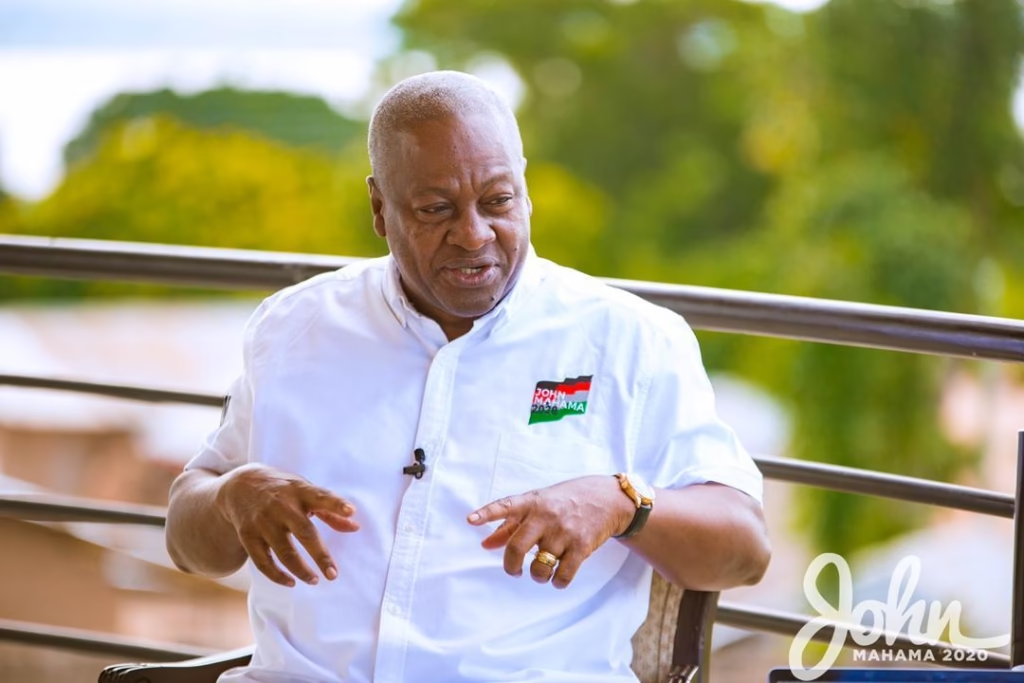President John Mahama Bans Non-Essential Travel for Government Appointees
In a bold move to reinforce fiscal discipline and modesty, President John Dramani Mahama has announced a ban on non-essential travel for government appointees. This decision underscores his administration’s commitment to prudent resource management and accountability to the Ghanaian people.
A Call for Modesty and Fiscal Responsibility
Speaking at the swearing-in ceremony of 17 newly appointed ministers, President Mahama emphasized the importance of modesty and respect in governance. He warned against arrogance and extravagance and stated that public resources must be used responsibly.
“The hallmark of this government will be modesty and respect for the Ghanaian people. There will be no room for arrogance and pomposity in this government. The resources that you will be working with belong to the Ghanaian people who put us in office. Those resources are not to be wasted on opulence and extravagance,” President Mahama declared.
Ban on Non-Essential Travel: Key Details
To curb unnecessary spending, President Mahama directed the Chief of Staff to formally communicate the travel ban to all government appointees. The ban prohibits non-essential travel, with exceptions only for essential trips that are pre-approved by the Chief of Staff.
“I have asked the Chief of Staff to write to all government appointees that I have imposed a ban on non-essential travels forthwith to cut down expenditure. Any travel that is deemed essential must be cleared first with the Chief of Staff, and such travels will have to be undertaken with modesty—no first class,” he stated.
This directive aims to reduce government expenditure and ensure that public funds are used judiciously.
Embracing Modesty in Governance
President Mahama urged appointees to avoid displaying affluence and embrace a modesty culture. This aligns with his administration’s broader strategy of prioritizing fiscal responsibility and transparency.
By implementing this travel ban, the government seeks to set an example of prudent resource management and reinforce its commitment to serving the best interests of Ghanaians.
Broader Implications for Public Resource Management
This measure is part of a larger effort to ensure the responsible use of public resources. It reflects the administration’s dedication to addressing economic challenges and fostering trust between the government and the people.
For more insights on fiscal responsibility in governance, visit World Bank’s Governance Overview or explore Transparency International’s resources on public accountability.



